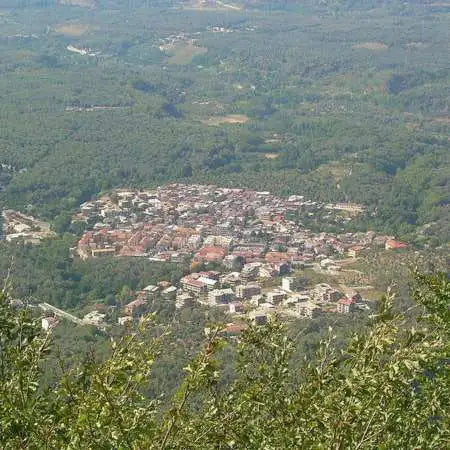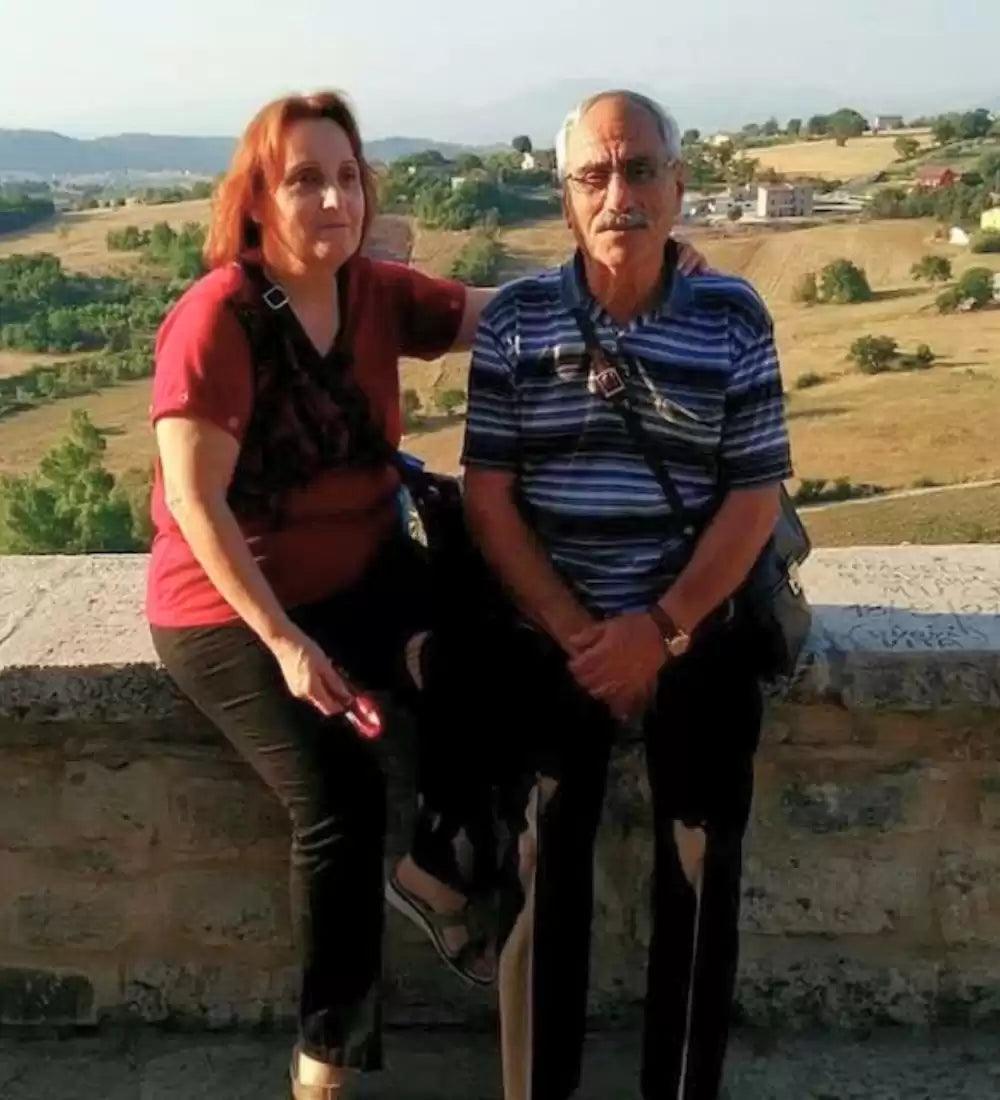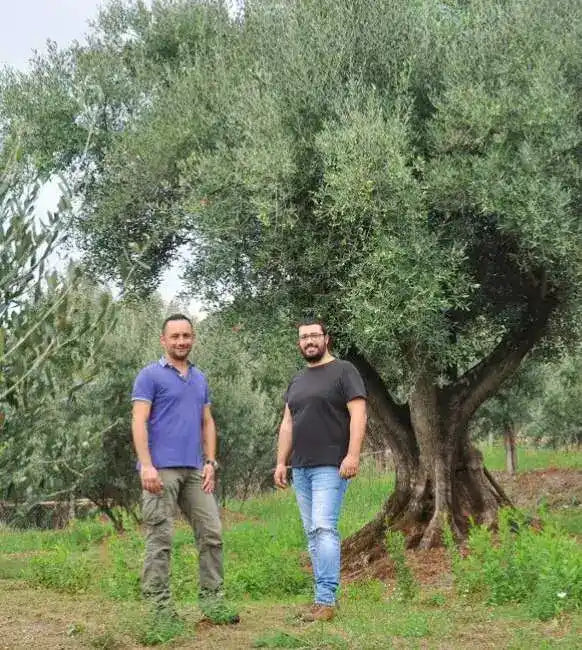Journey through our family's enduring connection to olive oil, from the fertile soils of Southern Italy to the heart of our global community. Discover how passion, tradition, and innovation have shaped our history and our future.
The Early Years

Roots in the 1960s: A Time of Change
In the transformative 1960s, amidst Italy's rapid industrial expansion, Francesco Cosmano, a visionary and the future founder of Deliba, chose to cultivate a different future. Nestled in the serene landscapes of Southern Italy, he dedicated his life to preserving traditional rural practices and laid the foundational stones for what would become a renowned olive oil legacy.
Deliba Begins

Cultivating Tradition in Molochio - Italy
In the heart of Molochio, nestled within the lush landscapes of Aspromonte, lies the fertile ground where Deliba first took root. This region, known for its remarkably high longevity rates, is recognized as one of Italy's prestigious "Blue Zones"—areas where the environment and lifestyle foster an extraordinary lifespan. Under Francesco Cosmano's visionary management, the early days at Deliba were marked by a commitment to these life-enhancing principles.
Francesco harnessed the area’s natural bounty, implementing sustainable agricultural practices that aligned with the rhythms of nature. The olive groves, spread across the gentle hills, were not just cultivated for their yield but were cherished as a source of health and vitality, reflecting the region's deep connection to longevity. The diverse agriculture—from olives to a variety of fruit trees and legumes—thrived under Francesco’s stewardship, making the farm a model of ecological sustainability.
The fertile soil and the mild, nurturing climate of Aspromonte allowed for a rich tapestry of produce to flourish year-round. This abundance not only supported the local community but also played a crucial role in shaping the nutritional habits that contribute to the region’s famed longevity.
Innovation and Growth

A New Chapter: Francesco and Maria's Vision
As Deliba began to take shape under the management of Francesco Cosmano in the vibrant late 1970s, a new era dawned with the arrival of Maria, a young and spirited worker who would soon become Francesco's partner in both life and business. Together, they embarked on a journey of innovation that would redefine the traditional methods of olive harvesting and set new standards for quality and efficiency.
In the fields of Molochio, Francesco and Maria pioneered a revolutionary harvesting technique. Moving away from the age-old practice of gathering olives from the ground, they introduced the use of traditional colored nets, not laid upon the earth but suspended above it, ensuring that the olives never touched the soil. This method significantly enhanced the purity and quality of the oil, preserving the olives’ integrity from tree to press.
Their innovations did not stop at harvesting. Francesco and Maria were ahead of their time in recognizing the importance of sustainable agriculture. They implemented practices that enriched the biodiversity of their land and ensured that every aspect of the farm contributed to a self-sustaining ecosystem. From rotating crops to using organic waste as natural fertilizer, every step they took was a stride towards ecological harmony.
The Expansion

From Family Business to Global Presence
The 1980s marked a pivotal era for Deliba, as Francesco and Maria transitioned from employees to owners, infusing their deep passion and innovative spirit into every aspect of the company. With the acquisition of the company following their wedding, the couple embarked on a mission to not only preserve the traditional essence of Deliba but to elevate it to new heights.
Under their ownership, Deliba blossomed. Francesco and Maria expanded the production capabilities while steadfastly maintaining the commitment to quality that had always been at the heart of their operations. They introduced mechanized harvesting techniques which complemented their innovative net system, further enhancing the efficiency and environmental sustainability of the olive oil production process.
The introduction of these modern techniques did not compromise the quality of Deliba’s olive oil but instead ensured that each bottle encapsulated the pure essence of Molochio’s unique terroir. This period also saw Deliba beginning to reach beyond local markets, establishing a presence that would soon span continents. Francesco and Maria’s vision was clear—to bring the rich, flavorful, and healthful olive oil of Southern Italy to tables around the world.




